Johann Sebastian Bach was a composer and musician during the Baroque period. He was born in Eisenach, Germany, on March 21, 1685, to a family of musicians. Bach learned the violin, harpsichord and organ at an early age.
When he was 18, he embarked on a career as an organist, touring several German cities. Between 1703 and 1716, he composed sacred music and numerous pieces for the organ, including his famous Toccata and Fugue in D Minor. Bach showed a particular skill in the art of counterpoint, a composition technique that harmoniously weaves melody lines together. His music boasted complex structure and mathematical perfection, capable of evoking the divine.
Bach’s contemporaries praised him more as a performer than as a composer.
When he was 32, Bach became Kapellmeister, or music director, at the court of Prince Leopold of Anhalt-Köthen. There, he devoted himself to chamber music, composing the Brandenburg Concertos and Air on the G String.
In 1723, he settled in Leipzig as the musical director of the Saint Thomas Lutheran Church, a position he would keep for the rest of his life. At Leipzig, he went back to composing sacred music, including The Passion according to St. Matthew. He also completed The Well-Tempered Clavier, which he had begun years earlier at Prince Leopold's court.
Around 1747, Bach began his last work, The Art of The Fugue. In it, the composer explores the depth of musical counterpoint, revealing all his formidable genius. Two years later Bach went blind, and the work was left unfinished.
Johann Sebastian Bach died on July 28, 1750. Because of its overall complexity, his music was not fully appreciated during his lifetime, and was not publicly performed for a long time after his death. During the 19th century his work was rediscovered and its immense value was duly recognized. Today, Bach is considered one of the greatest musical geniuses of all time.
When he was 18, he embarked on a career as an organist, touring several German cities. Between 1703 and 1716, he composed sacred music and numerous pieces for the organ, including his famous Toccata and Fugue in D Minor. Bach showed a particular skill in the art of counterpoint, a composition technique that harmoniously weaves melody lines together. His music boasted complex structure and mathematical perfection, capable of evoking the divine.
Bach’s contemporaries praised him more as a performer than as a composer.
When he was 32, Bach became Kapellmeister, or music director, at the court of Prince Leopold of Anhalt-Köthen. There, he devoted himself to chamber music, composing the Brandenburg Concertos and Air on the G String.
In 1723, he settled in Leipzig as the musical director of the Saint Thomas Lutheran Church, a position he would keep for the rest of his life. At Leipzig, he went back to composing sacred music, including The Passion according to St. Matthew. He also completed The Well-Tempered Clavier, which he had begun years earlier at Prince Leopold's court.
Around 1747, Bach began his last work, The Art of The Fugue. In it, the composer explores the depth of musical counterpoint, revealing all his formidable genius. Two years later Bach went blind, and the work was left unfinished.
Johann Sebastian Bach died on July 28, 1750. Because of its overall complexity, his music was not fully appreciated during his lifetime, and was not publicly performed for a long time after his death. During the 19th century his work was rediscovered and its immense value was duly recognized. Today, Bach is considered one of the greatest musical geniuses of all time.
RELATED


MERCE CUNNINGHAM
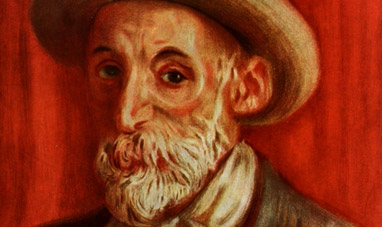

PIERRE AUGUSTE RENOIR
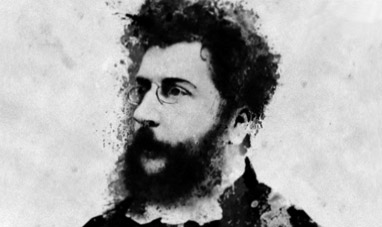

GEORGES BIZET
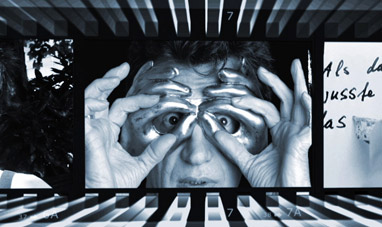

WIM WENDERS
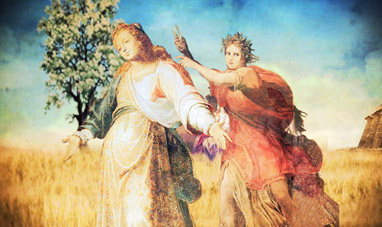

EURIPIDES
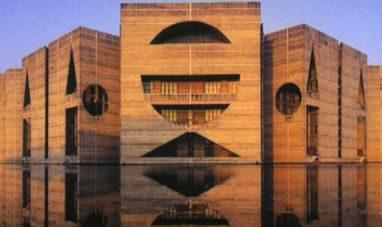

LOUIS KAHN
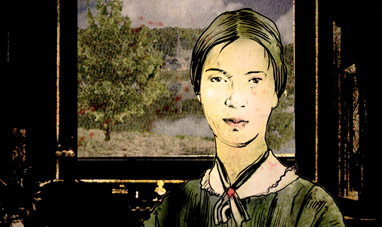

EMILY DICKINSON
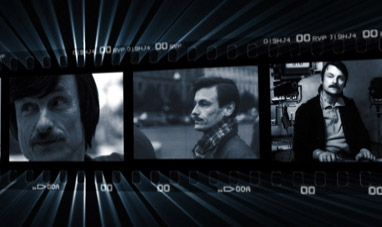

ANDREI TARKOVSKY
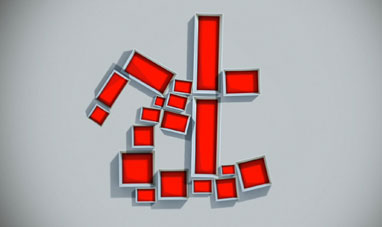

MICHELANGELO PISTOLETTO
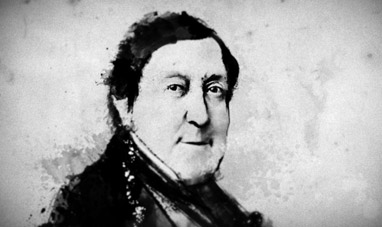

GIOACCHINO ROSSINI
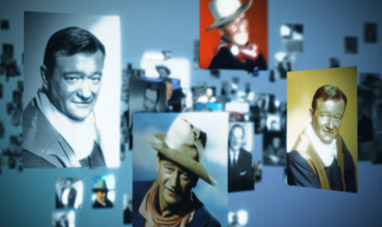

JOHN WAYNE
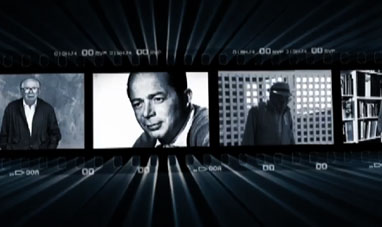

BILLY WILDER
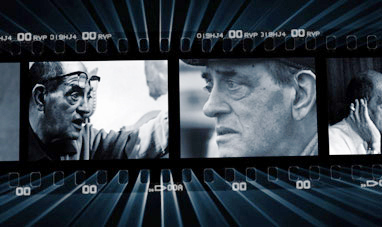

LUIS BUÑUEL
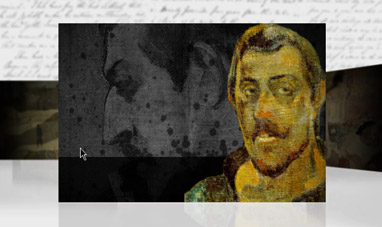

PAUL GAUGUIN
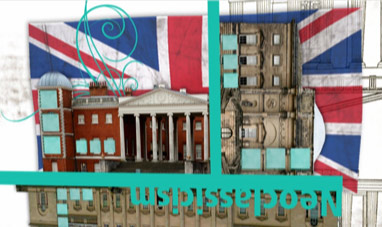

ROBERT ADAM
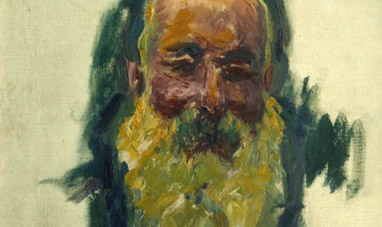

CLAUDE MONET


FRANK GEHRY
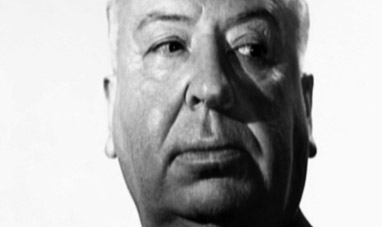

ALFRED HITCHCOCK
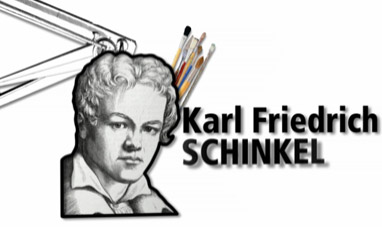

KARL FRIEDRICH SCHINKEL
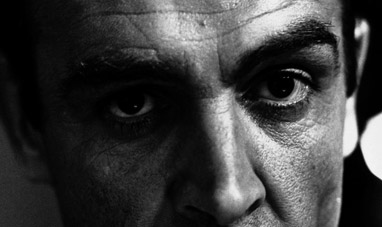

SEAN CONNERY


CHARLES BUKOWSKI
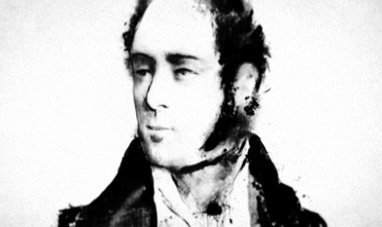

VINCENZO BELLINI
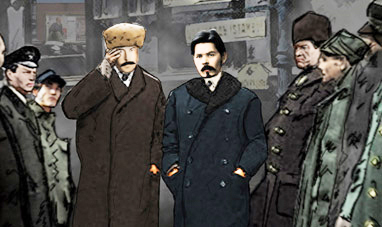

MAXIM GORKY
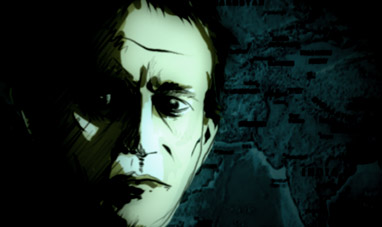

BRUCE CHATWIN
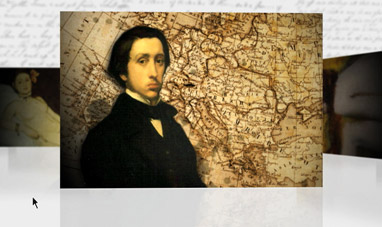

EDGAR DEGAS
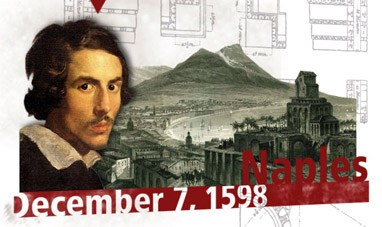

GIANLORENZO BERNINI
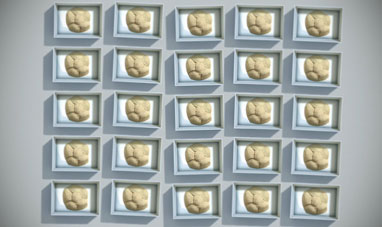

PIERO MANZONI
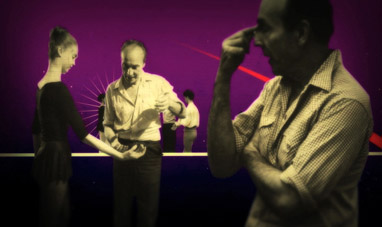

GEORGE BALANCHINE
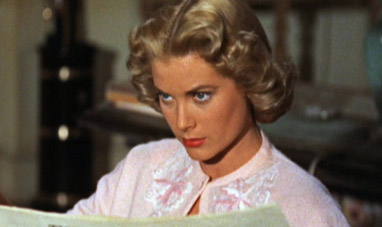

GRACE KELLY
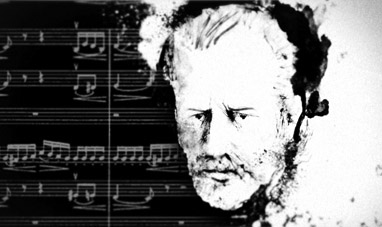

PYOTR ILLYCH TCHAIKOVSKY
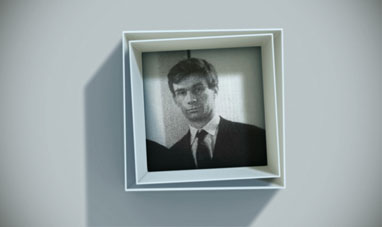

ENRICO CASTELLANI
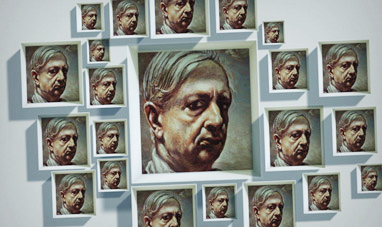

GIORGIO DE CHIRICO


RUDOLF NUREYEV


RITA HAYWORTH
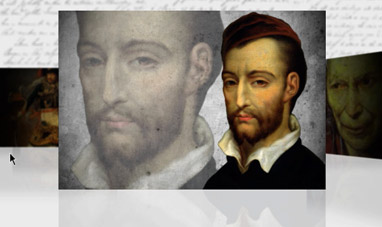

THÉODORE GÉRICAULT
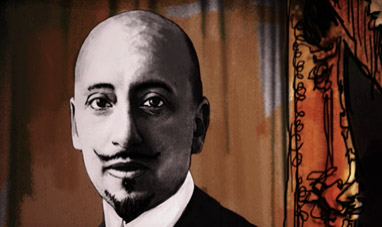

GABRIELE D'ANNUNZIO
